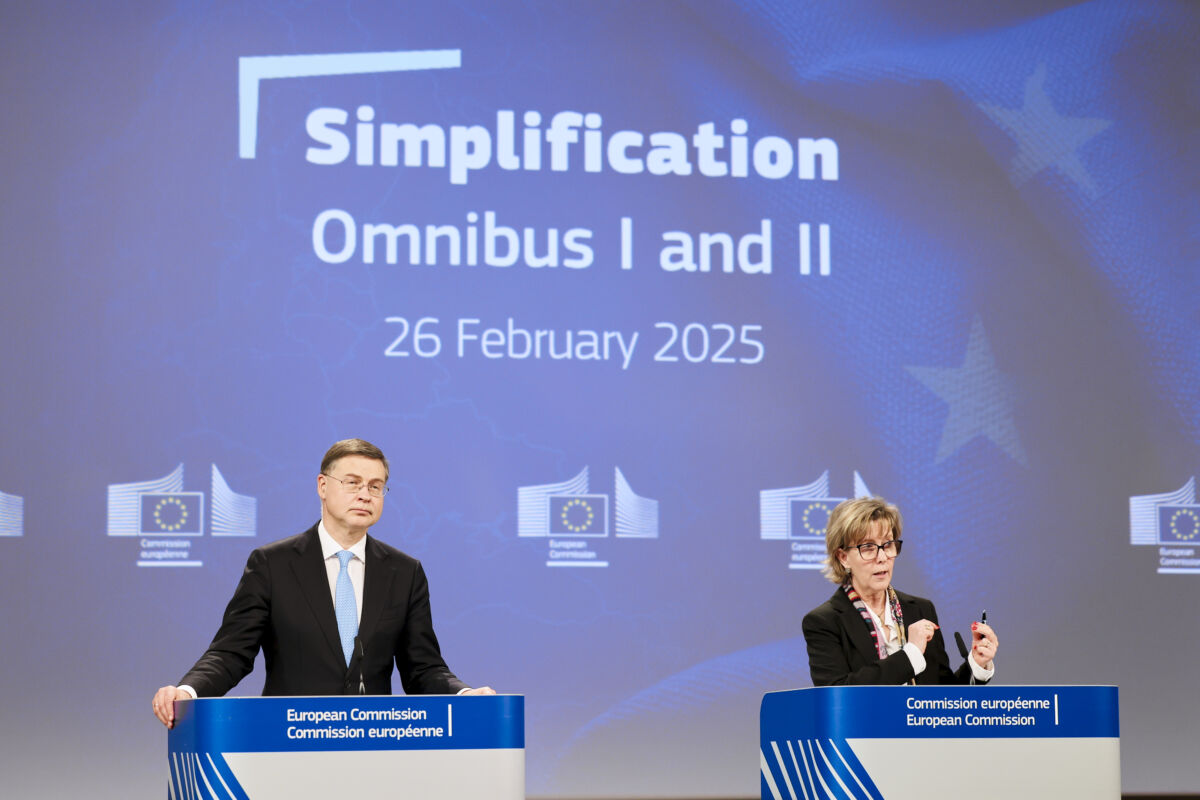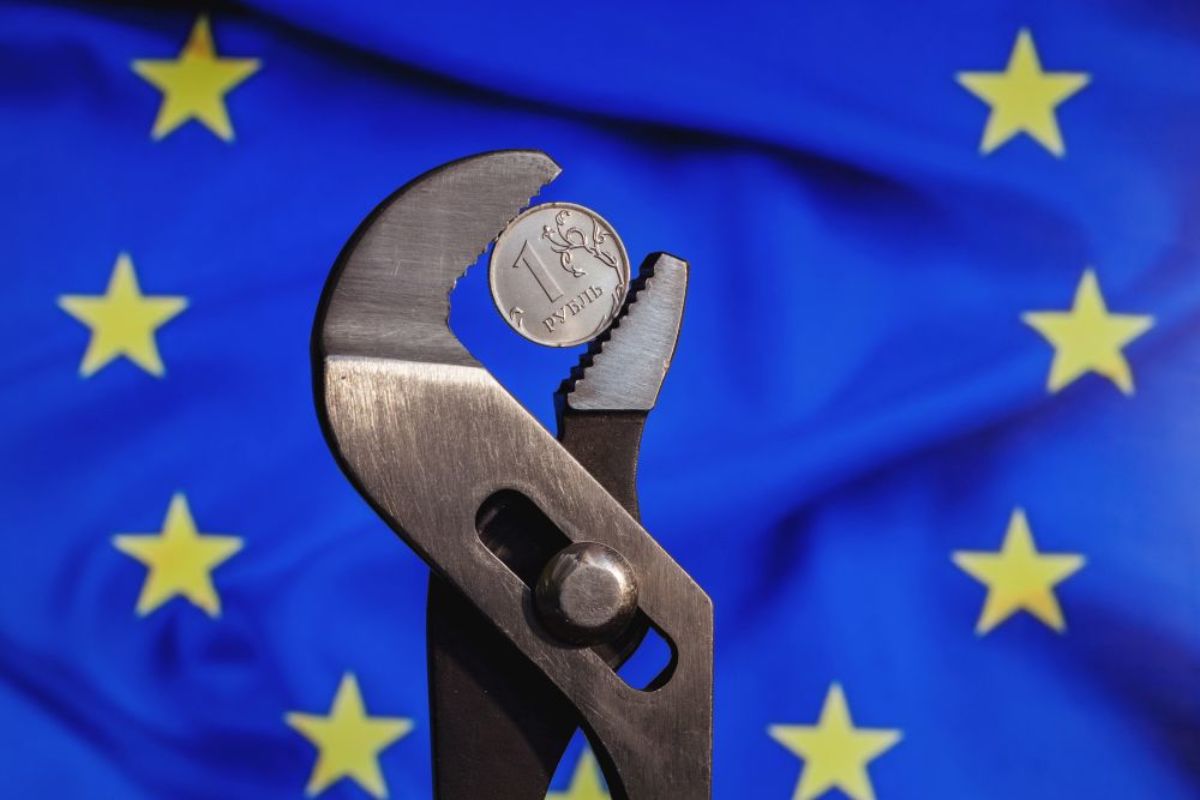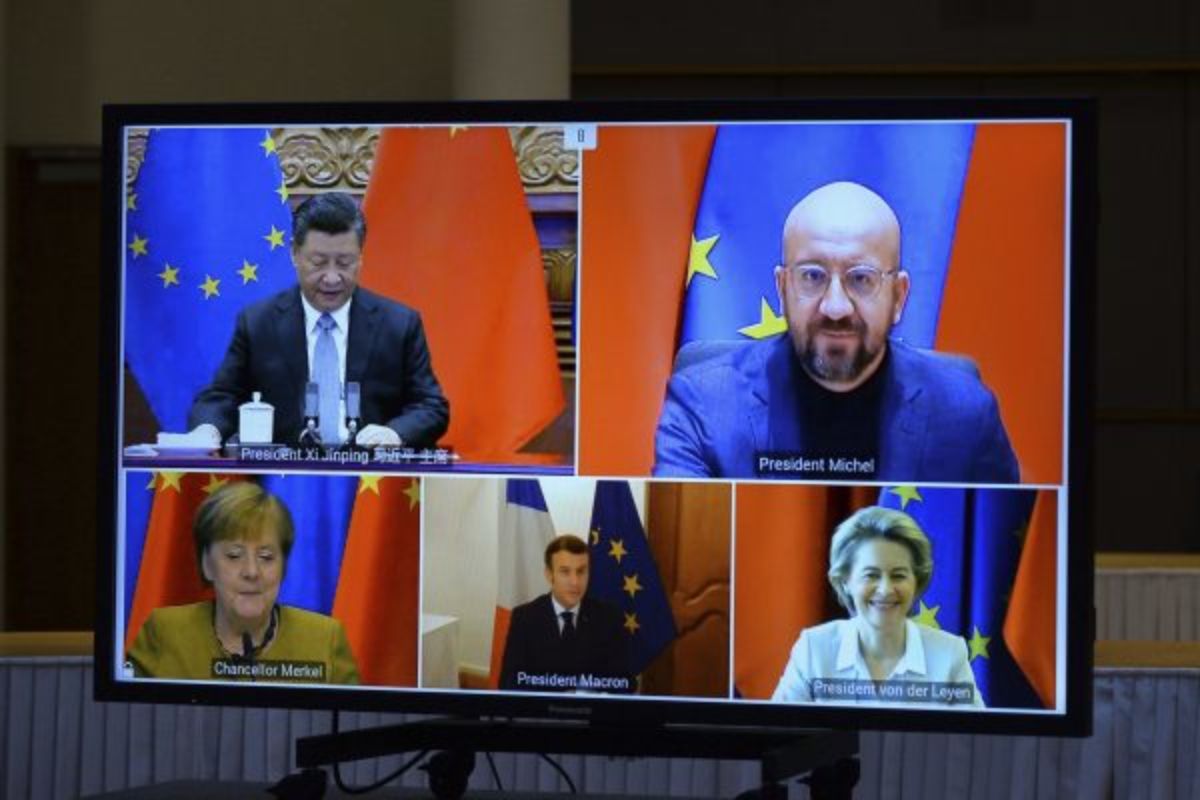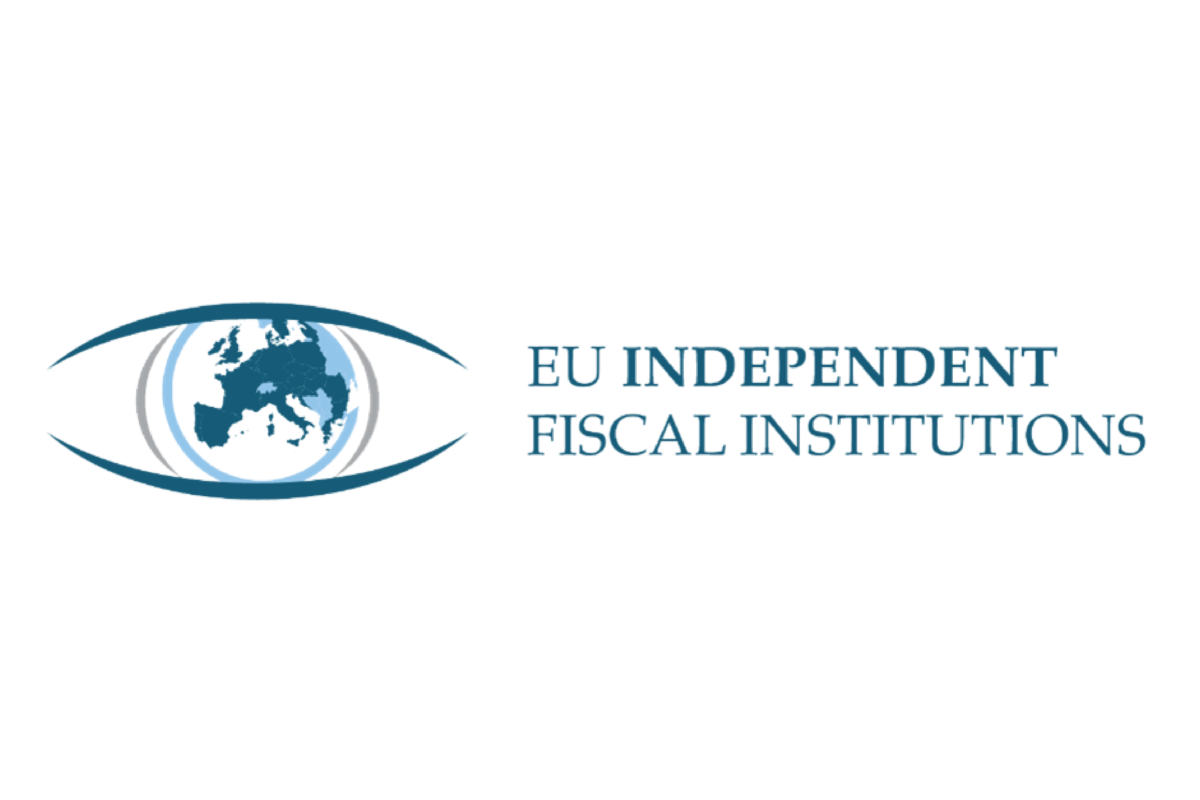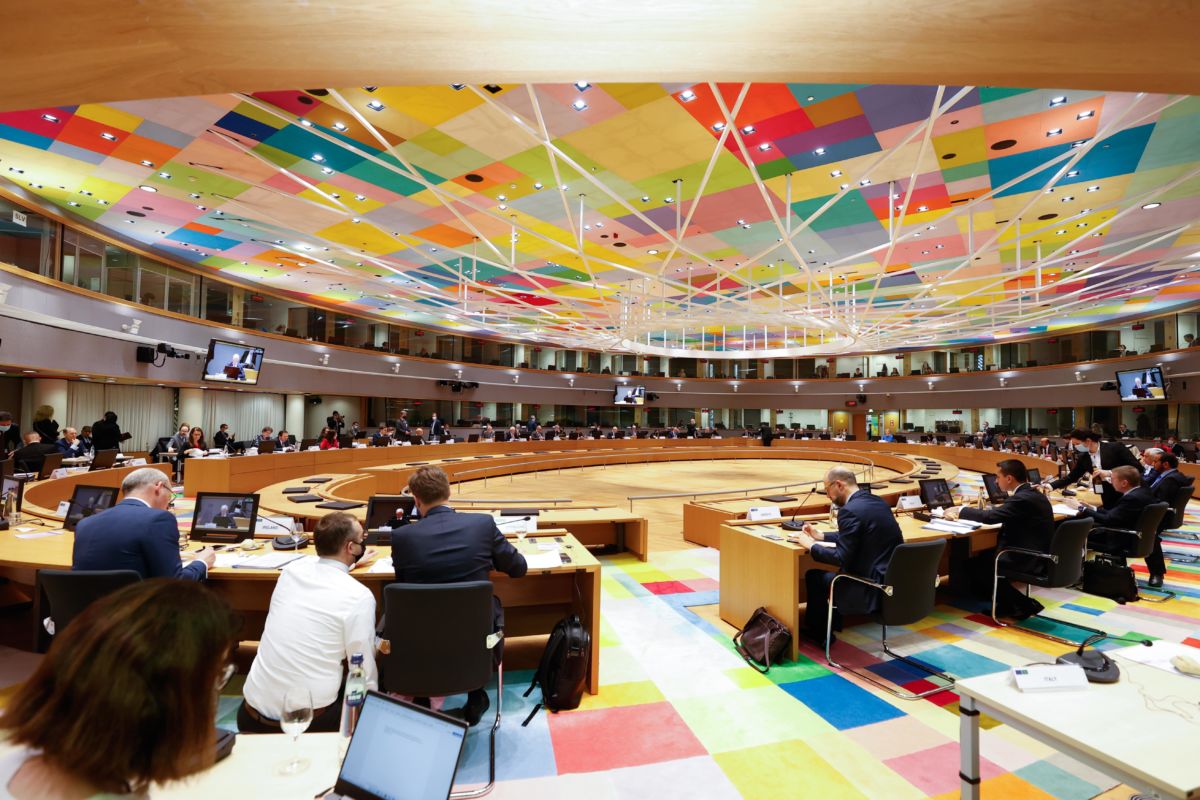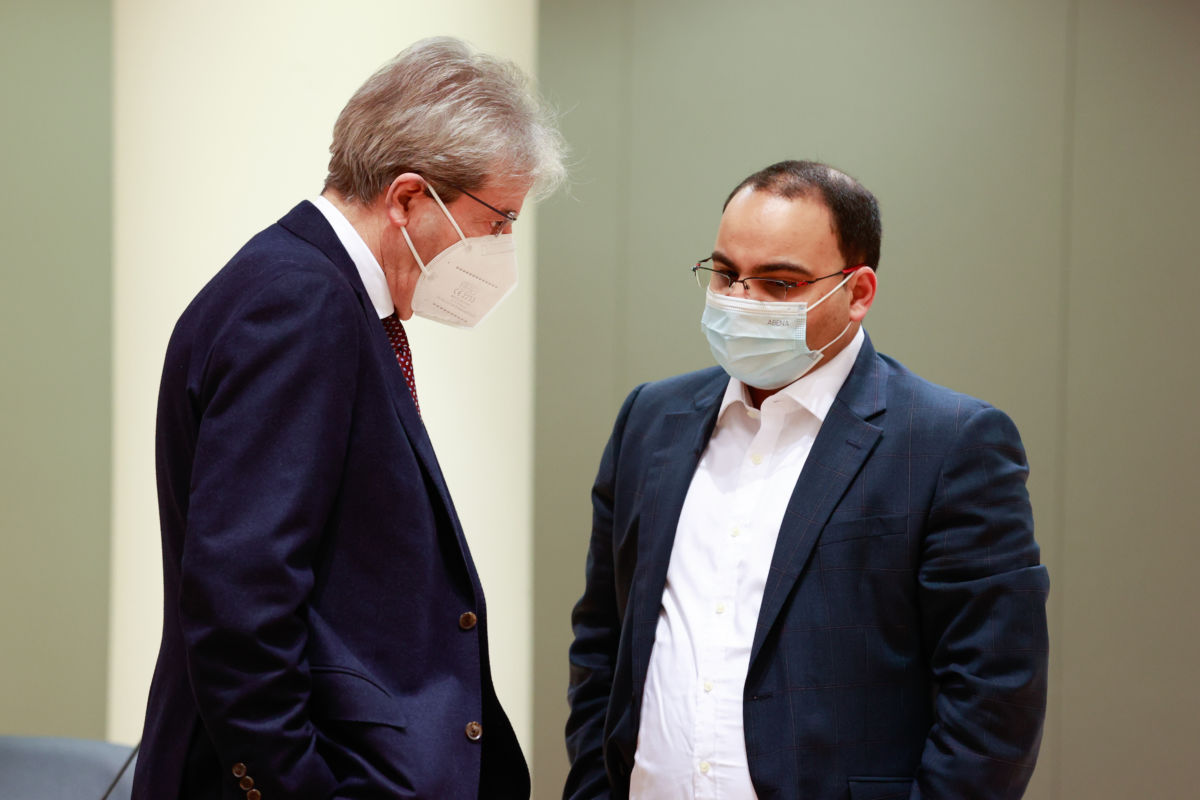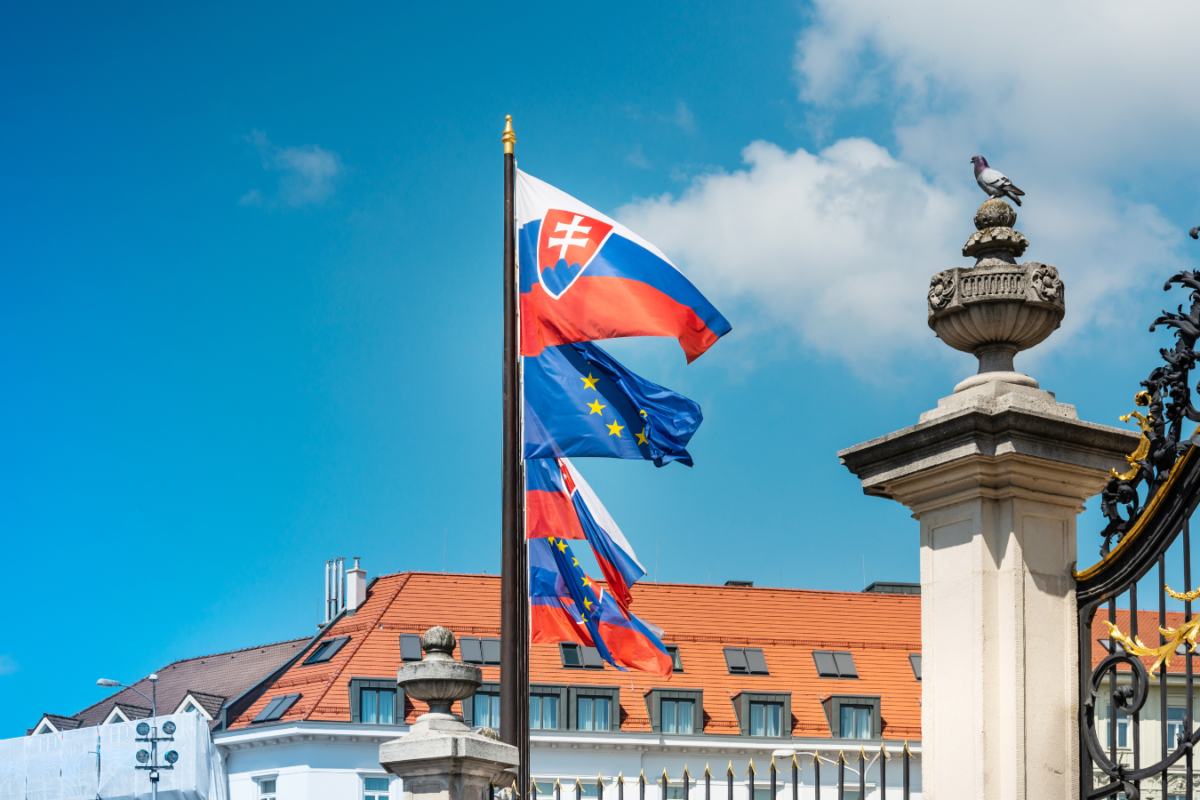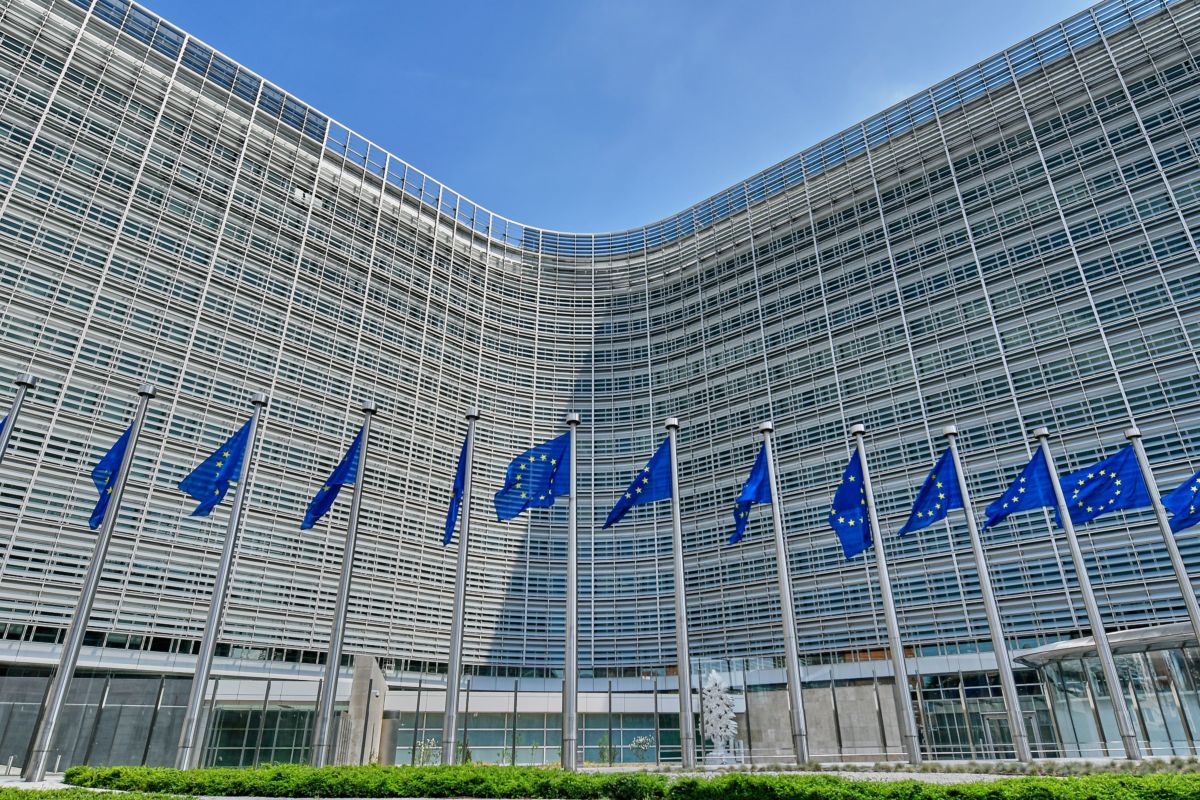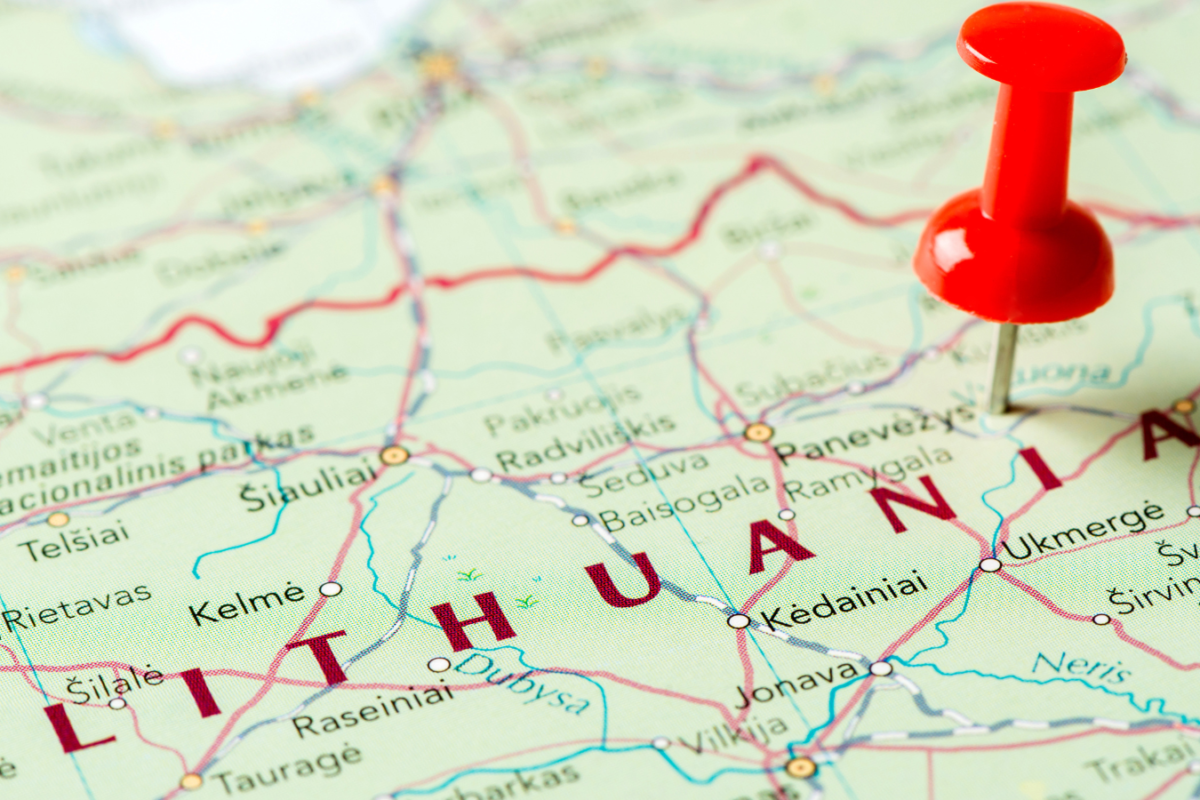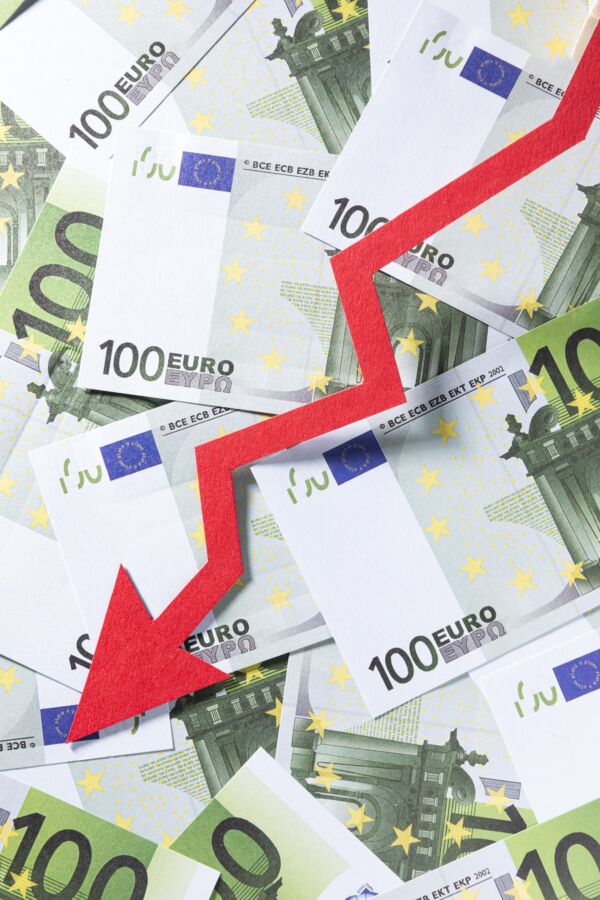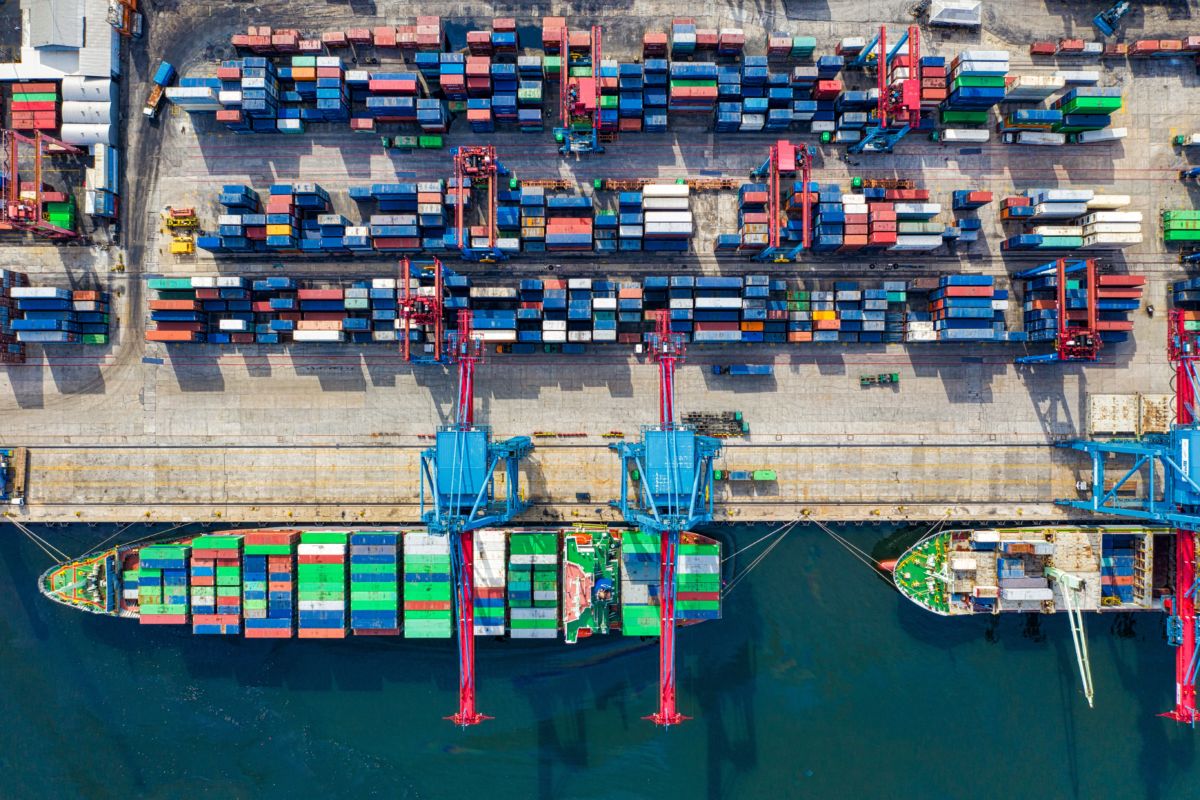- Home
- Research
- CEPS Topics
- CEPS Topics
- CEPS Topics
- CEPS Units
- Publications
- Events
- Activities
- Membership
- Expert commentaries
Finance
CEPS Staff involved
Next is the list of our inhouse experts working on this topic.
Dr. Cinzia Alcidi is Senior Research Fellow at the Centre for European Policy Studies (CEPS) in…
Fredrik Andersson is a Researcher in the Financial Market and Institutions unit at CEPS. Interested…
Judith Arnal is Board member at the Bank of Spain, as well as a member…
Gabriele Freo is a Researcher in the Financial Markets and Institutions Unit at CEPS. Previously,…
Agustina Korenblit is an Associate Researcher in the Financial Markets and Institutions Unit at CEPS.…
Karel Lannoo has been Chief Executive of CEPS since 2000, Europe’s leading independent European think…
Beatriz Pozo is Unit Coordinator of the Financial Markets and Institutions (FMI) Unit at CEPS.…
Apostolos Thomadakis is Head of Research at the European Capital Markets Institute (ECMI), an independent…
Related Events
Here are the latest events related to this topic.
In-person event is over
The future of EU retail payment markets: How to keep them dynamic & competitive
Finance
When
Where
This in-person event is free and open to the public but registration is mandatory.
Online Seminar is over
EU Payment Observatory – Leadership through action: tackling late payments in EU G2B transactions
Internal Market, industry, entrepreneurship and SMEs,Finance
When
Webinar is over
The future of credit scoring in the EU: policy solutions for a harmonised approach
Finance
When
This webinar is free and open to the public but registration is mandatory.
In-person event is over
Gold-plating in Europe’s capital markets: Beyond compliance, towards harmonisation
Finance
When
Where
This in-person event is free and open to the public but registration is mandatory.
When
This online event is free and open to the public but registration is mandatory.
Online Conference is over
EU Payments Observatory: Turning the tide on late payments
Finance,Economic and monetary affairs
When
This online event is free and open to the public but registration is mandatory.
When
Where
This in-person event is free and open to the public but registration is mandatory.
Member-only Event is over
The fintech rulebook: how to navigate the crossover between finance and technology regulation?
Finance
When
Where
This event is exclusive to ECMI, ECRI and CEPS members. If you wish to participate, please contact [email protected]
In-person event is over
New Commission, new priorities: taking financial policy forward under von der Leyen II
Finance
When
Where
This in-person event is free and open to the public but registration is mandatory.
In-person event is over
AI in credit markets: game changer or game breaker?
Finance,AI, digitalisation and innovation
When
Where
This in-person event is free and open to the public but registration is mandatory.
Member-only Event is over
Geo-economics and the risks of economic fragmentation: Implications for the EU and its capital market
Finance,Economic and monetary affairs
When
Where
This event is exclusive to ECMI, ECRI and CEPS members. If you wish to participate, please contact [email protected]
When
This webinar is free and open to the public but registration is mandatory.
When
Where
This in-person event is free and open to the public but registration is mandatory.
When
Where
This in-person event is free and open to the public but registration is mandatory.
When
Where
Registration to this seminar is by invitation only.
When
Where
This in-person event is free and open to the public but registration is mandatory.
In-person event is over
Banking supervision: What can we learn from the March 2023 banking turmoil?
Finance
When
Where
This in-person event is free and open to the public but registration is mandatory.
When
Where
This event is free and open to the public, but you must register to gain access to the meeting.
When
Where
This event is free and open to the public, but you must register here to gain access to the meeting. Once registered, you will receive follow-up instructions on how to attend this event.
In-person event is over
CEPS’40th anniversary/A digital euro beyond impulse – think twice, act once
Finance
When
Where
This in-person event is free and open to the public but registration is mandatory.
When
Where
This event is free and open to the public, but you must register to gain access to the meeting. Once registered, you will receive follow-up instructions on how to attend this event.
When
Where
Registration is free of charge for ECMI/ECRI/CEPS members, EU/national institutions, academia, and press. Other participants may be admitted for a fee of EUR 300.
Webinar is over
Monitoring payment behaviour in Europe: The launch of the EU Payment Observatory
Finance
When
This webinar is free and open to the public but registration is mandatory. Once registered, you will receive instructions on how to join this event virtually.
When
Where
This in-person event is free and open to the public but registration is mandatory.
When
Where
Registration is free of charge for ECMI/ECRI/CEPS members, EU/national institutions, academia, and press. Other participants may be admitted for a fee of EUR 200.
When
Where
This in-person event is free and open to the public but registration is mandatory.
When
This webinar will take place via ZOOM and is free and open to the public, but registration is mandatory. Once registered, you will receive instructions on how to join this event.
When
Where
This in-person event is free and open to the public but registration is mandatory.
When
Where
Registration is free of charge for ECMI/ECRI/CEPS members, EU/national institutions, academia, and press. Other participants may be admitted for €200
When
Breakfast Meeting is over
Is there a role for insurance in reducing income inequality?
Employment, social affairs and inclusion,Finance
When
Where
Hybrid Event is over
Taxation, the new frontier in EU policymaking: a Dutch perspective
Taxation,Finance
When
Where
This hybrid event is free and open to the public but registration is mandatory. Once registered, you will receive instructions on how to join this event virtually.
When
This webinar will take place via ZOOM and is free and open to the public, but registration is mandatory. Once registered, you will receive instructions on how to join this event.
When
This webinar will take place via ZOOM and is free and open to the public, but registration is mandatory. Once registered, you will receive instructions on how to join this event
Member-only webinar is over
Presentation of CEPS Research Agenda
Finance,Migration, asylum and borders,Economic and monetary affairs,Energy, climate change and the environment,Foreign and security policy,Priorities 2019-2024
When
This session is strictly reserved to members and will be run in Zoom, you must register in advance to gain access to the meeting and the details to join will be sent one hour prior of the event.
When
Webinar is over
Will central banks succeed in the digital currencies market?
Finance,Economic and monetary affairs
When
This event will take place via ZOOM and is free and open to the public, but registration is mandatory. Once registered, you will receive instructions on how to join this event.
Webinar is over
Economic Governance Review: What rules for the post-pandemic environment?
Finance,Economic and monetary affairs
When
This event will take place via ZOOM and is free and open to the public, but registration is mandatory. Once registered, you will receive instructions on how to join this event.
When
This in-person event is strictly reserved to members and you can register your interest by emailing [email protected]. We will revert to you as soon as possible on a principle of first-come, first-served basis.
When
This event is free and open to the public, but you must register to gain access to the meeting. Once registered, you will receive instructions on how to join this event. You can also follow the webinar via CEPS YouTube Channel.
When
This event will take place via ZOOM and is free and open to the public, but registration is mandatory. Once registered, you will receive instructions on how to join this event.
When
This session is strictly reserved to members and will be run in Zoom, you must register in advance to gain access to the meeting and the details to join will be sent one hour prior of the event.
When
This event is free and open to the public, but you must register to gain access to the meeting. Once registered, you will receive the web-link to connect to the meeting.
When
Task Force Meeting is over
Launch of the Task Force on the New Industrial Strategy for Europe
Agriculture, food security, rural and regional development,Finance,AI, digitalisation and innovation,Economic and monetary affairs,Employment, social affairs and inclusion,Energy, climate change and the environment,Human rights and justice,Taxation,Trade,Health
When
When
Where
When
When
When
Where
Free of charge for CEPS/ECMI/ECRI members. Non-members may be admitted for Euro 150, paid in cash at registration. Representatives from the European institutions (Commission – Parliament – Council – EEAS – Committee of the Regions - CESE) & members of the press benefit from free entrance, too
When
Where
Free of charge for CEPS/ECMI/ECRI members. Non-members may be admitted for Euro 200, paid in cash at registration. Representatives from the European institutions (Commission – Parliament – Council – EEAS – Committee of the Regions - CESE) & members of the press benefit from free entrance, too
When
Where
Free participation in our meetings is a benefit of CEPS membership. Non-members may be admitted for Euro 150, paid in cash at registration. Representatives from the European institutions (Commission – Parliament – Council – EEAS – Committee of the Regions - CESE) & members of the press benefit from free entrance, too
When
Where
Free participation in our meetings is a benefit of CEPS-ECRI membership. Non-members may be admitted for Euro 50, paid in cash at registration. Representatives from the European institutions (Commission – Parliament – Council – EEAS – Committee of the Regions - CESE) & members of the press benefit from free entrance, too. A sandwich lunch will be served from 12.30 onwards.
When
Where
Lunch Time Meeting is over
Addressing the Financing Gap in Central and Eastern Europe
Finance,Foreign and security policy,EU budget and public investment
When
Where
Participation in this event is free of charge. A sandwich lunch will be served from 12.30 onwards.
When
Where
Registration is free of charge for ECMI/ECRI/CEPS members, EU/national institutions, academia, NGOs and press. Other participants may be admitted for €200 (online payment).
When
Where
When
Where
Registration is free of charge for ECMI/CEPS members, EU/national officials, full-time academics, PhD students (subject to available seats), NGOs (not representing industry sectors or a commercial interest) and press.Other participants may be admitted for €175 (VAT included, payable in advance or at the registration desk).
When
Where
Participation in this event is exceptionally free of charge. A light lunch will be served from 13.30 onwards
When
Where
When
Where
Participation in this event is exceptionally free of charge. A light lunch will be served from 13.30 to 14.30
When
Where
When
Where
Participation is free of charge for CEPS, ECMI, ECRI corporate/institutional members, EU/national officials, full-time academics, NGOs, press and students. Registration fee for non-members (200€ incl. VAT).
When
Where
Registration is free of charge for CEPS/ECMI/ECRI members, EU/national officials, full-time academics, PhD students (subject to available seats), NGOs (not representing industry sectors or a commercial interest) and press. Other participants may be admitted for €150 (VAT included, payable in advance or at the registration desk).
When
Where
Participation is free of charge for ECMI/CEPS members, EU/national officials, full-time academics, PhD students, NGOs (not representing industry sectors or a commercial interest) and press. Other participants may be admitted for €50 (VAT included, payable in advance or at the registration desk). A sandwich lunch will be served from 12.30 onwards.
When
Where
Registration is free of charge for ECMI/CEPS members, EU/national officials, full-time academics, PhD students (subject to available seats), NGOs (not representing industry sectors or a commercial interest) and press. Other participants may be admitted for €175 (VAT included, payable in advance or at the registration desk.
Debate is over
Future of Europe
EU institutions and policymaking,Finance,Economic and monetary affairs
When
Where
Free participation in our meetings is a benefit of CEPS membership. Non-members may be admitted for Euro 50, paid in cash at registration. Representatives from the European institutions (Commission – Parliament – Council – EEAS – Committee of the Regions - CESE) & members of the press benefit from free entrance, too. A sandwich lunch will be served from 12.30 onwards.
When
Where
CEPS Corporate members: Euro 1500. Non-Members: Euro 5000 SMEs / Industry Associations 500 EUR. Civil Society (NGOs, Trade Unions) / Academics 300 EUR.More information: If you would like to become a member or need more information, please contact Andrea Renda, at [email protected] fees for this Task Force will be considered for non-members if they decide to become member of CEPS.
When
Where
Participation in this event is free of charge.
When
Where
Registration is free of charge for CEPS/ECMI/ECRI members, EU/national officials, full-time academics, PhD students (subject to available seats), NGOs (not representing industry sectors or a commercial interest) and press. Other participants may be admitted for €250 (VAT included, payable in advance or at the registration desk).
When
Where
This ECRI Task Force is principally designed for ECRI members but participation will also be open to non‐members, for a fee: -ECRI Member: free -CEPS Member: 1,500 euros (excl. tax) -ECMI Member: 1,500 euros (excl. tax) -None ECRI, ECMI or CEPS Member: 5,000 euros (excl. tax)
When
Where
Participation in this event is exceptionally free of charge.
When
Where
Participation in this event is free of charge.
When
Where
This ECRI Task Force is principally designed for ECRI members but participation will also be open to non‐members, for a fee: -ECRI Member: free -CEPS Member: 1,800 euros (excl. tax) -ECMI Member: 1,000 euros (excl. tax) -None ECRI, ECMI or CEPS Member: 5,000 euros (excl. tax)
When
Where
Registration is free of charge for ECMI/CEPS members, EU/national officials, full-time academics, PhD students (subject to available seats), NGOs (not representing industry sectors or a commercial interest) and press Other participants may be admitted for €175 (VAT included, payable in advance or at the registration desk). A sandwich lunch will be served before the event (starting at 12h30).
When
Where
Participation in this event is exceptionally free of charge.
When
Where
This ECRI Task Force is principally designed for ECRI members but participation will also be open to non‐members, for a fee: -ECRI Member: free -CEPS Member: 1,800 euros (excl. tax) -ECMI Member: 1,000 euros (excl. tax) -None ECRI, ECMI or CEPS Member: 5,000 euros (excl. tax)
When
Where
Free participation in this meeting is a benefit of CEPS/ECMI membership. Representatives from EU/national instututions, full-time academics, NGOs (not representing industry sectors or a commercial interest), PhD students (subject to available seats), and press benefit from free entrance, too. Non-members may be admitted for €50, paid in cash at registration. A sandwich lunch will be served from 12.30 onwards.
When
Where
Fee information: * Registration is free of charge for ECRI/ECMI/CEPS members. * Also free of charge for "NGO, EU institutions, Academics": EU/national officials, full-time academics, PhD students (subject to available seats), NGOs (not representing industry sectors or a commercial interest) and press. * Other participants may be admitted for €150 (VAT included, payable in advance or at the registration desk).
Related Expert commentaries
Here are the latest items related to this topic.
We’re undergoing a global transformation marked by competition for resources, value chain shifts, geopolitical tensions, humanitarian crises, climate change and…
The European Commission’s ‘Simplification Omnibus’ proposal, unveiled on 26 February, was presented as a necessary step to reduce the regulatory…
In the age of the poly-crisis, the world is constantly lurching from one disaster to another – from unprecedented…
If Europe wants to stay ahead of the curve and be able to follow – and eventually lead – its…
Retail investment – consumers investing in the opportunities offered by capital markets – is a cornerstone of the Capital Markets…
The recent banking troubles have demonstrated the continuing fragility of the banking system, even 15 years after the global financial…
The EU’s new fiscal framework proposal, the Economic Governance Review (EGR), has already got the ball rolling with its promised…
Doubts are rife over whether the Russia sanctions are yielding much effect. Russia was sanctioned in 2014 after the illegal…
It is estimated that 2-5% of global GDP is laundered annually, with an overall recovery rate of illicit assets at…
The outcome of the Trade and Cooperation Agreement (TCA) for trade in financial services between the EU and UK deal…
The Covid-19 pandemic has caused widespread concern about debt unsustainability in both developed and emerging economies. To address this challenge,…
Concluding the EU-China Comprehensive Agreement on Investment would mean cementing a trade relationship on a level playing field between two of the…
Related Publications
Here are the latest publications related to this topic.
Shareholder preferences and shareholder democracy
Aligning corporate governance with societal expectations
Staying ahead of the curve
Shaping EU financial sector policy under von der Leyen II
Ten years of the SSM
The past, present and future of banking supervision in the Banking Union
Related Projects
Here are the latest projects related to this topic.
Late payments in commercial transactions have multiple damaging effects, particularly amongst SMEs, causing one out of four bankruptcies in the…
According to the Non-Financial Reporting Directive (NFRD), public interest entities (PIEs) are obliged to publish a non-financial statement with material…
CEPS role in this project is to provide secretariat work and coordination for the Network of Independent Fiscal Institutions (IFI).…
The EU-GCC Dialogue on Economic Diversification project initiated its activities in April 2018. Its overall objective is to contribute to…
The Hidden Treasures Program, a joint initiative by Donald Kalff and Andrea Renda launched in the fall of 2019, aims…
The purpose of the project is to: - Identify potential redundancies, inconsistencies, overlaps and gaps in the regulatory disclosure, suitability…
This six-year project, which started in April 2015 for three years and was followed by a second edition of another…
As part of Deliverable 6 a workshop with relevant stakeholders i.e. the MFSA – resolution and supervisory functions/employees, the MFIN,…
About one in twelve European households is having difficulties meeting their payment commitments, whether these relate to secured or unsecured…
The general objective of this service contract is to contribute to institutional, administrative and growth sustaining structural reforms in Slovakia,…
The objective of the study will be to provide data and analysis to the Commission services/DG FISMA on the implementation…
The objective of the study is to evaluate the adequacy of the information listed in points (a) to (f) of…
The main objective of this project is to conduct a new version of the ACCIS annual Membership Survey. While the…
In the past decade, asset management companies (AMCs) have been an effective tool for relieving banks of large portfolios of…
CEPS was charged with ‘Task 3: Assessing the level of awareness about restrictive measures among stakeholders and propose improvements’. As…
The uncertainty about the impact of the finalised Basel III reforms, raises questions on what the impact of the reforms…
The mission of the Structural Reform Support Service (SRSS) of the European Commission is to provide support for the preparation…
The VAT is a tax levied on all goods and services bought and sold for use or consumption within the…
In recent years, sustainability has risen in scope and importance on the agenda of policymakers. In Europe, this has translated…
The 2007/08 financial crisis demonstrated the significant lack of adequate tools at the Union and national levels for dealing effectively…
The Directorate general for Financial Stability, Financial Services and Capital Markets Union (DG FISMA) has commissioned Centre for European Policy…
The Centre for European Policy Studies (CEPS) provided academic support to the French Financial Markets Association (AMAFI) in elaborating policy…
DG FISMA has commissioned a consortium led by the CEPS to conduct a Feasibility study on the creation of a…
FinTech are organizations combining innovative business models and technology to enable, enhance and disrupt financial services. The phenomenon of today…
The feasibility and credibility of bank resolutions depends, among others, on whether the impediments to resolvability are addressed or removed.…
The project aims at assessing the validity of the current SRF contributions and assess potential alternatives for the calibration of…
This Report, a joint effort between Donald Kalff and a group of CEPS researchers led by Andrea Renda, aims at…
The purpose of the study is to assess how national options and discretions under the DGSD are implemented in practice,…
Data sharing between lenders is commonly acknowledged to be one of the core ingredients of successful credit markets. The aim…
The project aimed at providing a high-level view of costs of compliance with regulatory reforms and supervisory reporting requirements stemming…
The purpose of this grant (ENGAGE project II) is to continue facilitating the participation of representatives from NGOs, Civil Society…
This paper discusses from a legal perspective how, over the past years, the SRB has performed against the main goals…
European insurance companies and pension funds (ICPF) are significant institutional investors within the EU and globally. Their investment decisions are…
This paper addressed two distinct yet interconnected problems. The first is whether the provision of Emergency Liquidity Assistance (ELA) on…
In September 2019 Europe’s financial markets will undergo a revolution. From that date, the Payment Services Directive (PSD2) will require…
The Mission of the Peopleʼs Republic of China to the EU provided funds to CEPS in the framework of a…
The IPEPS project aims at complementing degree-level programmes led by Universities by enriching the background knowledge that students acquire in…
ATMs constitute a critical component in today’s infrastructure for facilitating cash payments. However, ongoing digitalisation (cashless payments, e-commerce and online…
This study discusses the challenges concerning bank valuation reports in resolution. The resolution mechanism has three types of valuation reports,…
Bank failures have multiple causes though they are typically precipitated by a rapidly unfolding funding crisis. The European Union’s new…
This report presents the assessment of the impacts of a potential EU measure on cash payment restrictions (either a prohibition…
This paper defined critical banking functions and considers whether there is a need for further legal/regulatory clarification if liquidation is…
This study carries out an ex-ante impact assessment of substantial amendments put forward by the IMCO and JURI Committees of…
The first part of the paper considered the effects of pre-empting a resolution procedure for a troubled financial institution by…
European banks have accumulated more than €1 trillion in non-performing loans (NPLs) on their balance sheets after the burst of…
CEPS and GIZ jointly established a workshop series on the EU-Asia Finance Dialogue. The aim of the project was to…
The Single Resolution Mechanism, which started in January 2016, must ensure that even the largest, most interconnected and complex bank…
The Bank Recovery and Resolution Directive (BRRD) foresees a minimum requirement for eligible liabilities and own funds (MREL) that banks…
The general objective of this study is to complement and support the Commission roadmap following the Green Paper for the…
The objective of this cooperation agreement is to carry out research and to organize jointly workshops on “diversity and business…
The ambitious reform of the Single Market for services triggered by the adoption of the Services Directive is far from…
Cross-border movements of capital are a fundamental pillar of the EU single market, a condition to improve the efficient allocation…
Related Task Forces
Here are the latest task forces related to this topic.
EU payment markets have dramatically evolved in the last few decades. Having initially only relied on cash, payments have seen…
Financial markets have been the object of heavy regulatory activity over the last 15 years. From crisis response, the start…
Faced with the prospect of a long-lasting and traumatic Covid-19 pandemic, we at CEPS decided to step up our efforts…
BACKGROUND In the coming years, asset allocation will be impacted by the changing macroeconomic environment, evolving investor demographics, technology and…
This task force is now over, you can read the report here. Four years after its launch, opinions on…
The CEPS-ECRI Task Force (TF) aims to help pave the way in setting the 2014-19 European Commission’s agenda for retail…
In December 2014, ECMI and CEPS formed the European Capital Markets Expert Group (ECMEG) with the aim of providing a…
Among the many responses to the financial crisis, the most novel has been the insistence on creating resolution frameworks for…
In today’s world, financial and technological innovations are changing the space of information and the increasing use of electronic commerce…
CEPS and ECMI wish to engage market participants, together with international experts, academics and regulators, in a discussion on long-term…
The Task Force Rethinking Asset Management was set up by the Centre for European Policy Studies (CEPS) and the European…
The recent institutional re-shuffle has charged new internal market Commissioner Michel Barnier with the task of evaluating costs and benefits…
The European Capital Markets Institute and the Centre for European Policy Studies wish to engage in the international debate with…
The new regime whose financial requirements are based on an economic total balance sheet approach, addresses the valuation of liabilities,…
A number of major international banks and numerous banks of lesser size in developed countries still are crippled by large…
The European Investors' Working Group (EIWG) represents a prestigious panel of industry and market experts created by the European Capital…
CEPS Task Force Report: Concrete Steps towards More Integrated Financial Oversight: The EU’s Policy Response to the Crisis Author: Karel…
Since the formation of the euro area, the integration of both wholesale and retail financial markets has been a European…
CEPS Task Force Report: Basel II Implementation in the midst of Turbulence Author: Rym Ayadi Following a period of protracted…
CEPS Task Force Report: Pouring old wine in new skins? UCITS & Asset Management after MiFID Authors: Karel Lannoo (CEO,…
CEPS Task Force Report: EU Financial Regulation and Supervision beyond 2005 Authors: Karel Lannoo (CEPS CEO) & Jean-Pierre Casey Much…
CEPS Task Force Report: The New Basel Capital Accord and the Future of the European Financial System Authors: Rym Ayadi…
CEPS Task Force Report: Competition, Fragmentation and Transparency: Providing the Regulatory Framework for Fair, Efficient and Dynamic European Securities Markets,…
CEPS Task Force Report: Pan-European Asset Management Authors: Karel Lannoo & Mattias Levin After the adoption of the EU pension…
Chair: Charles Goldfinger, CEO, Global Electronic Finance Rapporteur: Matthias Levin, former CEPS Fellow
CEPS Task Force Report: Regulating E-Commerce in Financial Services Author: Nuria Diez Guardia The purpose of this report is to…
CEPS Task Force Report: Updating EU Securities Market Regulation: Adapting to the Needs of a Single Capital Market Author: Karel…










